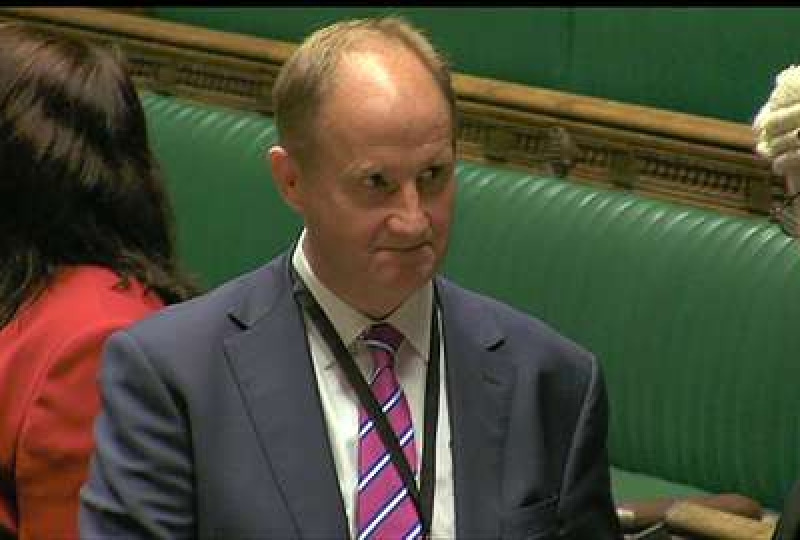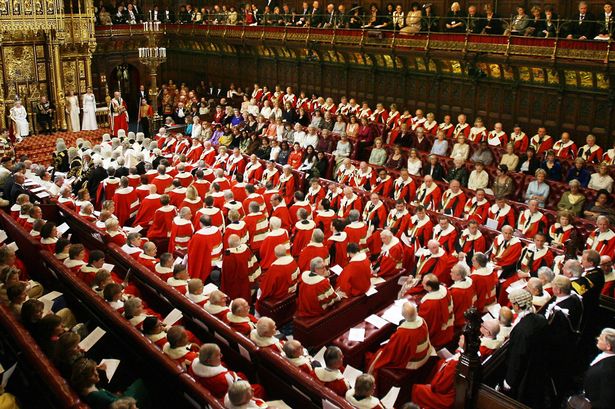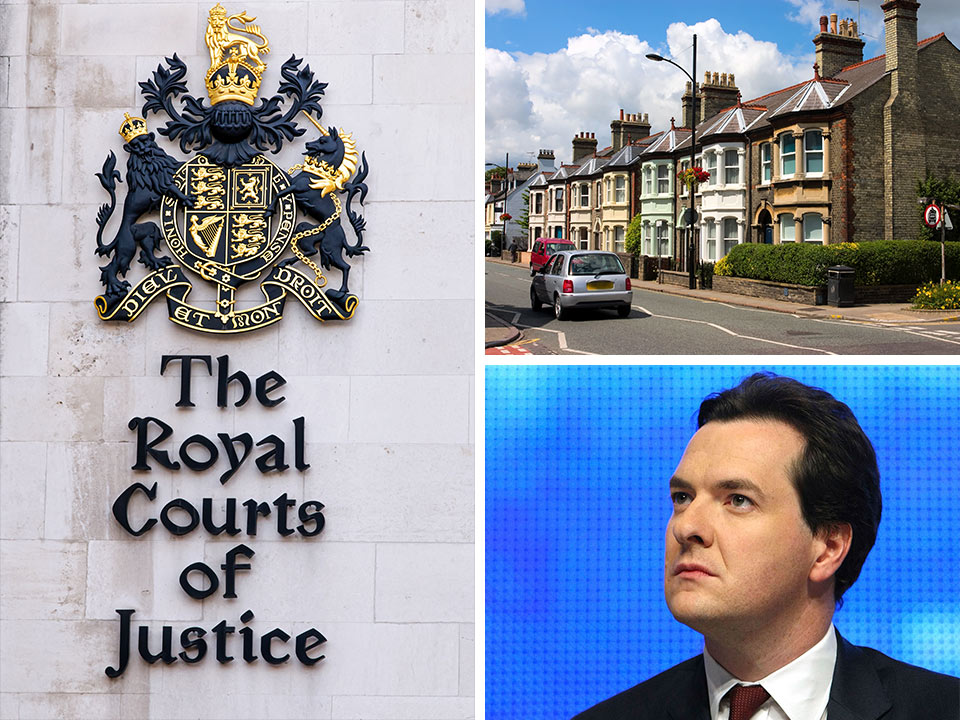The founder of the Hunters Estate agency and Conservative MP for Thirsk and Malton Kevin Hollinrake has backed a campaign by the Residential Landlords’ Association (RLA) to reduce Capital Gains Tax paid by landlords when selling their rented home to sitting tenants.
The proposal involves an amendment to the Finance Bill currently before Parliament. Currently Clause 72 of the Bill seeks to reduce Capital Gains Tax from 28 per cent to 20 per cent except for the sale of residential property where the rate will remain unchanged.
According to the RLA, Hollinrake is tabling an amendment to the Bill which will extend the tax cut to private landlords selling a rental property to a sitting tenant. “Given the recent attack on the Private Rented Sector by Chancellor George Osborne…more and more landlords will want to exit the market as renting [sic] becomes financially unsustainable for them” the RLA said.
The RLA further purports that 77 per cent of private landlords would consider selling their property to tenants if the tax liability were reduced.
Hollinrake claims that the amendment will support the government’s wider home ownership agenda while at the same time offering landlords a route out of the sector minimizing their financial hit. According to the RLA, the amendment includes safeguards to prevent such a tax change being abused.







